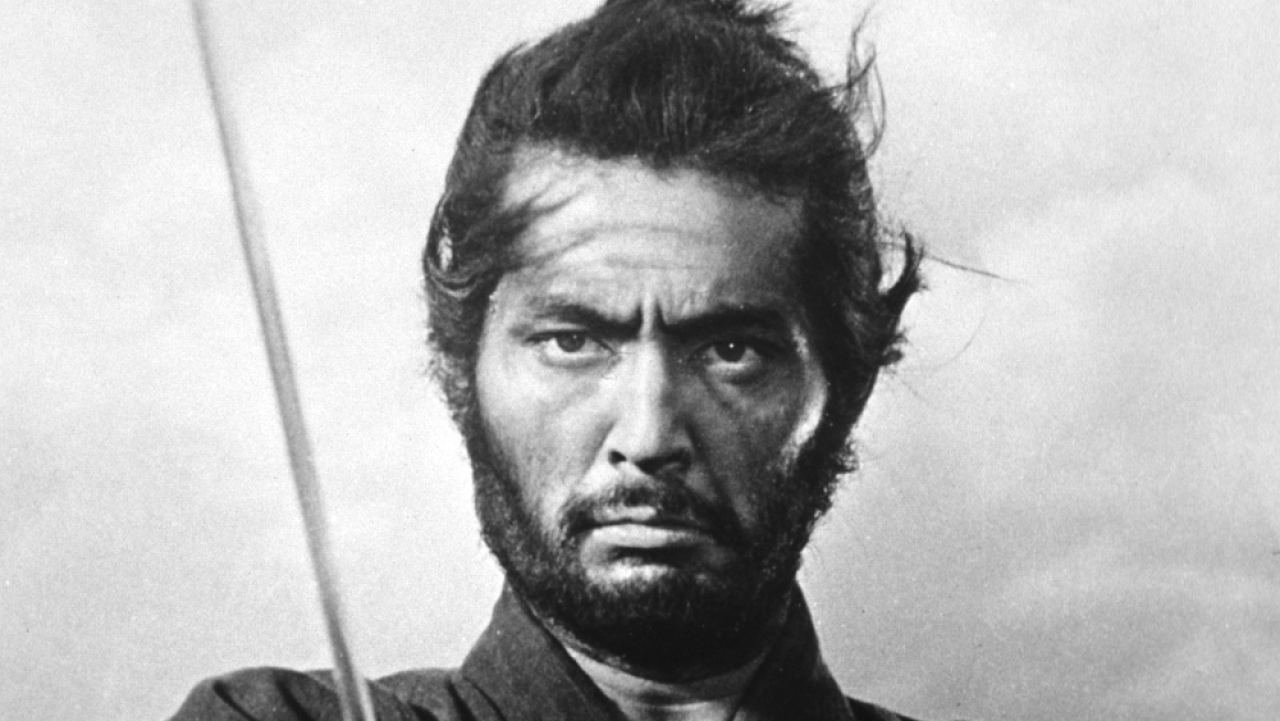Harakiri

Following the collapse of his clan, an unemployed samurai (Tatsuya Nakadai) arrives at the manor of Lord Iyi, begging to be allowed to commit ritual suicide on the property. Iyi’s clansmen, believing the desperate ronin is merely angling for a new position, try to force his hand and get him to eviscerate himself—but they have underestimated his beliefs and his personal brand of honor. Winner of the Cannes Film Festival’s Special Jury Prize, Harakiri, directed by Masaki Kobayashi is a fierce evocation of individual agency in the face of a corrupt and hypocritical system.
Special Features
- New, restored high-definition digital transfer, with uncompressed monaural soundtrack on the Blu-ray edition
- Introduction by Japanese-film historian Donald Richie
- Excerpt from a rare Directors Guild of Japan video interview with director Masaki Kobayashi, moderated by filmmaker Masahiro Shinoda
- Interviews with star Tatsuya Nakadai and screenwriter Shinobu Hashimoto
- Original theatrical trailer
- New English subtitle translation
- PLUS: An essay by film scholar Joan Mellen and a reprint of Mellen’s 1972 interview with Kobayashi
Cover by Miriam Bossard and Trix Barmettler
Special Features
- New, restored high-definition digital transfer, with uncompressed monaural soundtrack on the Blu-ray edition
- Introduction by Japanese-film historian Donald Richie
- Excerpt from a rare Directors Guild of Japan video interview with director Masaki Kobayashi, moderated by filmmaker Masahiro Shinoda
- Interviews with star Tatsuya Nakadai and screenwriter Shinobu Hashimoto
- Original theatrical trailer
- New English subtitle translation
- PLUS: An essay by film scholar Joan Mellen and a reprint of Mellen’s 1972 interview with Kobayashi
Cover by Miriam Bossard and Trix Barmettler

Cast
- Tatsuya Nakadai
- Hanshiro Tsugumo
- Rentaro Mikuni
- Kageyu Saito
- Akira Ishihama
- Motome Chijiiwa
- Shima Iwashita
- Miho Tsugumo
- Tetsuro Tamba
- Hikokuro Omodaka
- Masao Mishima
- Tango Inaba
- Ichiro Nakaya
- Hayato Yazaki
- Kei Sato
- Masakatsu Fukushima
- Yoshio Inaba
- Jinnai Chijiiwa
- Yoshiro Aoki
- Umenosuke Kawabe
Credits
- Director
- Masaki Kobayashi
- Screenplay
- Shinobu Hashimoto
- Original story
- Yasuhiko Takiguchi
- Cinematography
- Yoshio Miyajima
- Editing
- Hisashi Sagara
- Art direction
- Junichi Ozumi
- Art direction
- Shigemasa Toda
- Music
- Toru Takemitsu
- Producer
- Tatsuo Hosoya
















